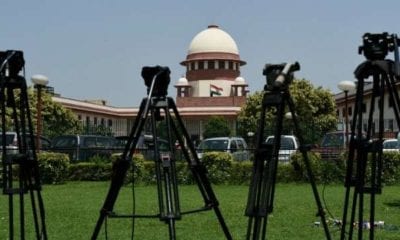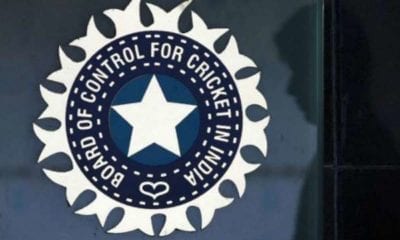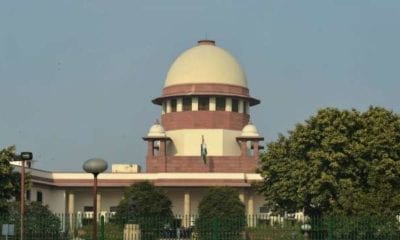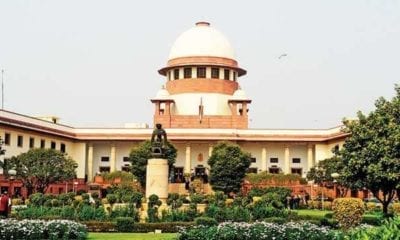Delhi
Ban on private vehicles, odd-even scheme likely if Delhi continues to choke

The Supreme Court-appointed body Environment Pollution (Prevention and Control) Authority (EPCA) has said it might completely ban private vehicles or ask the government to roll out the odd-even car rationing initiative across the Delhiin the coming days.
Bringing down the number of vehicles in Delhi can reduce PM2.5 levels significantly, past experiments have shown.
Experts, however, said that if the road rationing scheme is implemented with too many exemptions — as done in January 2016 — then it will hardly have any impact on pollution levels.
“If road rationing scheme or ban on private vehicles is implemented in the right manner then there could be a significant drop in levels of particulate matter, primarily the levels of PM2.5. We have seen this in the past,” said Anumita Roy Chowdhury, executive director of CSE’s research and advocacy wing.
Delhi had observed two ‘car-free’ days on October 22 and November 22 in 2015. The city had also celebrated Dussehra on October 22 that year, hence the number of cars on the roads had gone down further. Citing data from the Delhi Pollution Control Committee, experts from CSE had shown that the level of PM2.5, which is mainly caused by vehicular emissions, had dropped by nearly 45% on October 22. On November 22, the PM2.5 dropped by 21%.
Whereas when the road rationing scheme was observed in January 2016 — which had given exemptions to women drivers, CNG cars, two-wheelers and VIP vehicles — the drop in pollution level was negligible.
“Only three pockets in the city – Najafgarh, Shalimar Bagh and Greater Kailash – registered around 8 – 10% drop in pollution levels. In the remaining areas the decline was just around 2 – 3%,” said Sagnik Dey, associate professor at Centre for Atmospheric Sciences in IIT-Delhi.
Experts said that controlling the number of vehicles in Delhi to combat emergency levels of pollution becomes important because a study by the ministry of earth sciences has recently revealed that there has been a 40% increase in vehicular pollution over the past eight years. The study also showed that the average speed of vehicles on major roads in Delhi is just about 20km/hour – 30km/hour. This leads to poor mileage and heavy pollution. Also the app-based cabs travel around 1.45 lakh kilometres per year, which is much more than privately owned vehicles. This also compromises the positive effect of CNG, the study revealed.









































